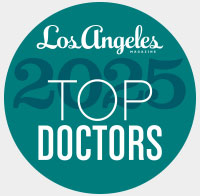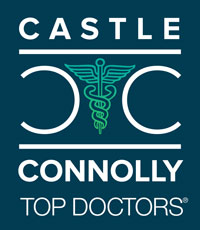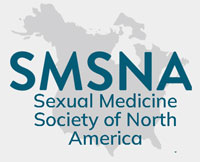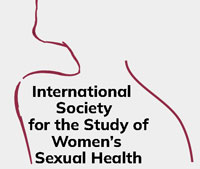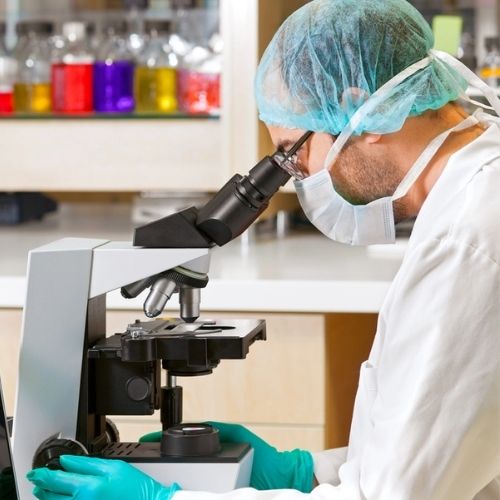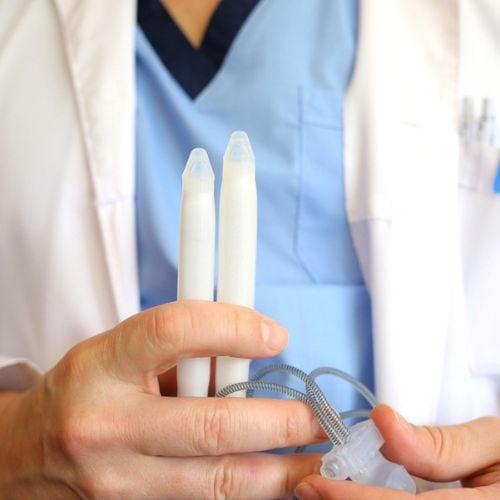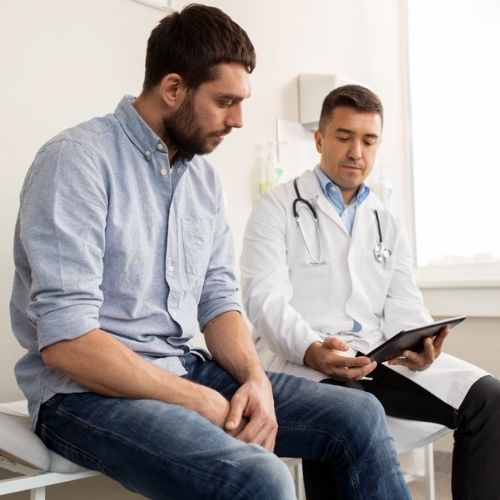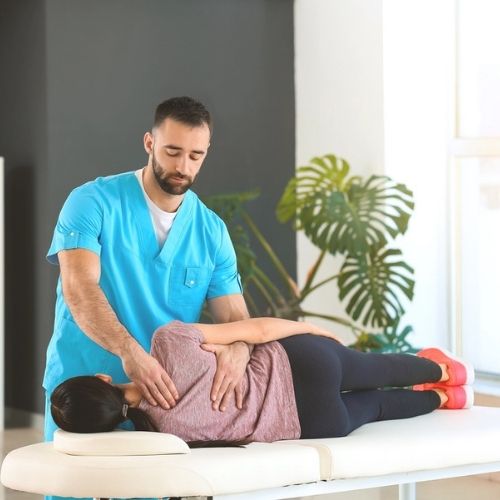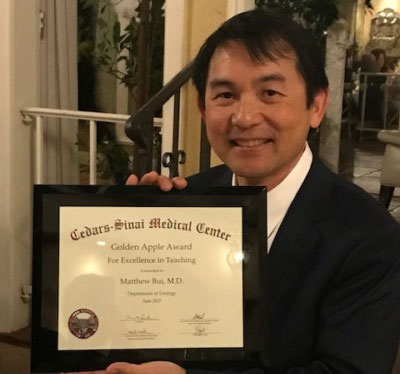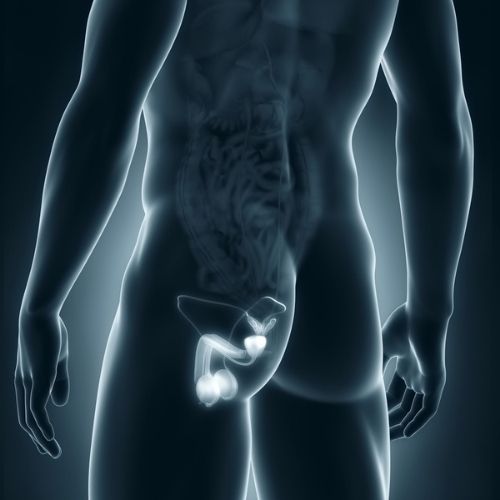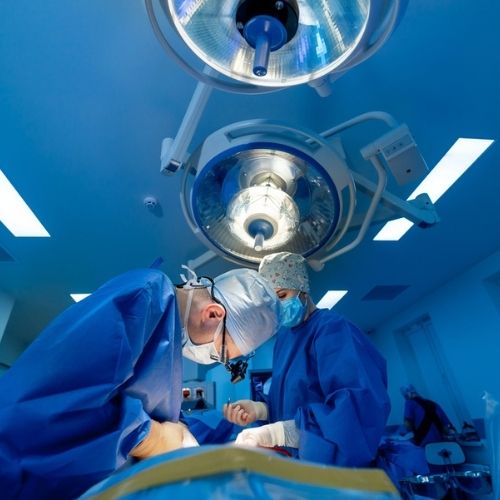Female sexual dysfunction affects more women than many realize, yet it’s still one of the most underdiagnosed and undertreated areas of women’s health. This condition refers to a range of issues that can impact a woman’s sexual desire, arousal, satisfaction, and ability to have pain-free intercourse. These problems often interfere with sexual intimacy, self-esteem, and overall well-being.
Sexual dysfunction is more common during and after menopause due to hormonal changes and a drop in estrogen levels. However, women of all ages can experience symptoms. That’s why understanding the causes, symptoms, and treatment options is essential for anyone struggling with changes in their sex life.

What is female sexual dysfunction?
Sexual function in women involves many different symptoms and concerns. A combination of psychological, emotional, and physical factors influences it. Mental health, body image, relationship satisfaction, and past experiences all play a role. On a physical level, hormone levels, blood flow, nerve function, and other medical conditions or medications can directly impact sexual activity and response.
Healthcare professionals generally categorize female sexual dysfunction into three main types:
- Low libido or low sex drive. Often caused by hormonal fluctuations, stress, chronic health conditions, or side effects from medications like antidepressants.
- Arousal disorder. When a woman has an interest in sex but struggles to become physically aroused.
- Painful intercourse (dyspareunia). This may result from vaginal dryness, hormonal changes, or physical issues such as pelvic floor dysfunction.
What causes low sex drive in women?
Low libido in women is the most common symptom of female sexual dysfunction. It is usually a result of other concerns, like vaginal dryness or painful intercourse.
Lack of sex drive is complex, often involving both physical and emotional components. It can occur at any stage of a woman’s life. Some of the most common causes of a lack of sex drive in women include:
Hormonal changes and menopause
Estrogen and testosterone levels tend to decline during perimenopause and menopause, leading to low libido, vaginal dryness, and even painful intercourse after menopause. These hormonal shifts can also affect mood and energy, both of which contribute to changes in sexual interest and arousal. Birth control, breastfeeding, or other health conditions can also influence hormone levels at younger ages.
Medical conditions and health issues
Certain health conditions can reduce sexual arousal or make sex uncomfortable:
- Cardiovascular disease and high blood pressure may affect blood flow.
- Diabetes can cause nerve damage and reduce vaginal lubrication.
- Thyroid disorders may impact energy, mood, and libido.
- Chronic pain conditions often interfere with sexual desire and activity.
Medications and their side effects
Some medicines can affect sexual function, especially:
- SSRIs and antidepressants can lower libido and delay orgasm.
- Blood pressure medications that may interfere with arousal.
- Hormonal contraception (birth control) that can reduce testosterone and libido.
- Antihistamines and decongestants which may contribute to vaginal dryness.
If you notice changes in your sex drive after starting a medication, speak with your healthcare professional about alternatives or solutions.
Mental health and relationship factors
Emotional well-being is deeply tied to sexual health. Low self-esteem, anxiety, depression, unresolved relationship problems, or a history of trauma can all impact desire and satisfaction. Counseling or therapy may help address these underlying issues.
How is female sexual dysfunction diagnosed?
A healthcare professional, like a gynecologist, OB/GYN, or urologist specializing in women’s pelvic health and sexual medicine, will conduct a detailed evaluation. This may include:
- Medical and sexual history. To identify patterns, medications, and possible triggers.
- Pelvic exam. To check for vaginal atrophy, physical abnormalities, or signs of infection.
- Bloodwork. To assess hormone levels, thyroid function, and possible underlying health conditions.
What are the treatment options for low sexual desire?
The best treatment for female sexual dysfunction depends on the symptoms and their cause. Some women benefit from lifestyle changes, while others need medical or psychological support. Your healthcare provider may recommend a combination of the following:
Hormone therapy
- Topical estrogen cream for vaginal dryness to help restore tissue health and comfort during sex.
- Hormone replacement therapy to relieve symptoms of menopause and improve sexual interest.
- Testosterone therapy which is sometimes used off-label to boost women’s sex drive.
Medications
For diagnosed hypoactive sexual desire disorder (HSDD), a persistent lack of sexual desire, there are FDA-approved medications, including:
- Addyi (flibanserin). A daily pill that works on brain chemistry to increase sexual desire.
- Vyleesi. An injectable used before anticipated sexual activity to boost interest.
These may help boost female libido and improve sexual satisfaction for some women. These prescription medications require evaluation by a qualified healthcare provider.
Addressing vaginal dryness and painful sex

Vaginal dryness is a common issue, especially after menopause, and often leads to discomfort or pain during intercourse. Using over-the-counter vaginal lubricants, moisturizers, or estrogen cream for vaginal dryness can significantly reduce discomfort.
Some women use coconut oil for vaginal dryness, but it’s essential to learn how to use coconut oil safely and discuss it with your doctor. For ongoing relief, hyaluronic acid for vaginal dryness or tablets for vaginal dryness may be recommended. Several Other options which can provide relief are:
- Supplements and vitamins for vaginal dryness, like Vitamin E or Omega 3s.
- Herbs for vaginal dryness.
- Pelvic floor therapy.
Always talk to your gynecologist before starting new treatments, especially natural or supplement-based remedies.
Advanced procedures to enhance sexual response
For women seeking more targeted solutions, several innovative treatments are available:
- O-Shot® (Orgasm Shot). Uses platelet-rich plasma (PRP) to boost blood flow and stimulate tissue repair, enhancing arousal, lubrication, and orgasmic intensity.
- G-Shot® (G-spot amplification). A PRP or hyaluronic acid injection that increases G-spot prominence to enhance vaginal orgasm, potentially.
These procedures are minimally invasive, and many women report improvements in satisfaction and confidence.
Psychological and relationship support
Because sexual health is so closely tied to emotional and relational well-being, these tools can be essential:
- Individual therapy to address anxiety, depression, or trauma.
- Couples therapy can improve communication and emotional intimacy.
- Sex therapy that focuses specifically on sexual concerns and relationship dynamics.
- Stress management, involving techniques like mindfulness, relaxation, and self-care, can positively influence sexual function.
Can lifestyle changes help?
Lifestyle changes are a powerful part of female low sex drive treatment. Regular exercise improves blood flow and energy. Healthy eating, reduced alcohol intake, and managing health conditions like diabetes or high blood pressure can enhance sexual function. Managing stress is another key factor. Building self-esteem and body confidence also plays a key role in boosting women’s sex drive naturally. These changes also support healthy hormone levels and increase overall well-being.
Exploring your desires, using products that improve comfort (like vaginal dryness products or lubricants), and emphasizing intimacy over performance can also make a big difference in your sex life.
When should you see a healthcare provider?
If sexual problems are persistent, distressing, or interfering with your relationship, don’t wait. A licensed healthcare professional can provide guidance and support tailored to your specific needs.
Sexual dysfunction is highly treatable, especially when the underlying causes, whether hormonal, psychological, or physical, are identified.
Want to take control of your sexual health? Consider Tower Urology
Our approach is personal—we treat patients, not just pathology.
Sexual health is an integral part of overall well-being, and every woman deserves to have her concerns addressed with compassion and expertise. Several effective treatment options are available depending on your concerns and symptoms.
If you’re experiencing changes in your sexual desire, arousal, or satisfaction, consider Tower Urology. Our experienced team understands the complex factors affecting women’s sexual health and provides comprehensive, personalized care to help you reclaim your sexual well-being.
We invite you to establish care with Tower Urology.
Tower Urology is a proud affiliate of Cedars-Sinai Medical Center, ranked #1 in California and #2 nationwide by U.S. News & World Report. This partnership reflects our dedication to delivering the highest standard of urologic care alongside the best urologists in Los Angeles. Our years of experience and access to Cedars-Sinai’s world-class facilities ensure that our exceptional and innovative urological care positions Tower Urology as a leader in Southern California.
Tower Urology is conveniently located for patients throughout Southern California and Los Angeles, including Beverly Hills, Santa Monica, West Los Angeles, West Hollywood, Culver City, Hollywood, Venice, Marina del Rey, Burbank, Glendale, and Downtown Los Angeles.
Our services include treatment for dyspareunia, anorgasmia, chronic pelvic pain syndrome, and other female sexual health concerns.
Frequently asked questions about female sexual dysfunction
Yes. Low sex drive in women often becomes more noticeable with age, especially during perimenopause and menopause. This is because hormonal changes can lead to reduced sexual desire and vaginal dryness.
Many antidepressants, especially SSRIs, can cause sexual side effects like low libido, delayed orgasm, or reduced sexual arousal. These side effects usually improve if the medication is adjusted, but some doctors may recommend switching to another medication, such as bupropion, which tends to have fewer sexual side effects.
Low libido or low sexual desire refers to a lack of interest in sexual activity, while arousal disorder means difficulty becoming physically aroused even when interest is present. Both can exist together and may require different treatment approaches, including medication, therapy, or addressing underlying medical conditions.
Yes. Hormone therapy, including topical estrogen cream for vaginal dryness or systemic hormone replacement therapy, can help restore hormone balance, reduce painful sex, and increase sexual interest. These treatments are beneficial for postmenopausal women experiencing pain after intercourse or a lack of arousal.
Some natural supplements for vaginal dryness, like omega-3 fatty acids and vitamin E, may support vaginal tissue health. Herbal remedies for low libido in women are also available, but their effectiveness varies. Always talk with a healthcare professional before starting new vaginal dryness supplements or vitamins.
Open communication is key to managing relationship problems related to sexual health. Talk with your partner when you’re both relaxed and outside of the bedroom. Focus on how you’re feeling, not just the challenges. If you’re struggling, a sex therapist or couples counselor can help navigate sensitive topics and improve sexual intimacy.
Sources
Women’s sexual dysfunction associated with psychiatric disorders and their treatment
https://journals.sagepub.com/doi/10.1177/1745506518762664
Female Sexual Dysfunction: Natural and Complementary Treatments
https://psychiatryonline.org/doi/10.1176/appi.focus.20170049
Female Sexual Interest and Arousal Disorder
https://www.ncbi.nlm.nih.gov/books/NBK603746/
Symptoms Of Menopause In Peri And Postmenopausal Women And Their Attitude Towards Them
https://pubmed.ncbi.nlm.nih.gov/29076687/




















































